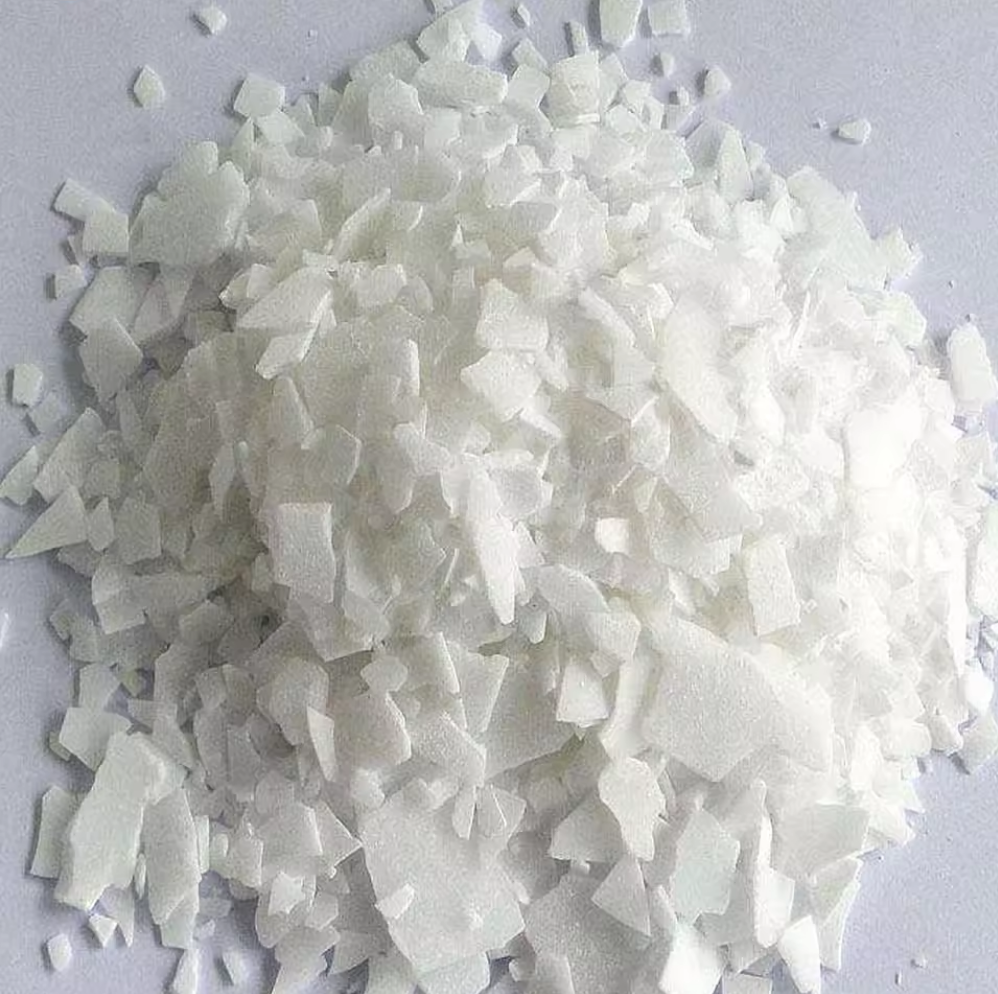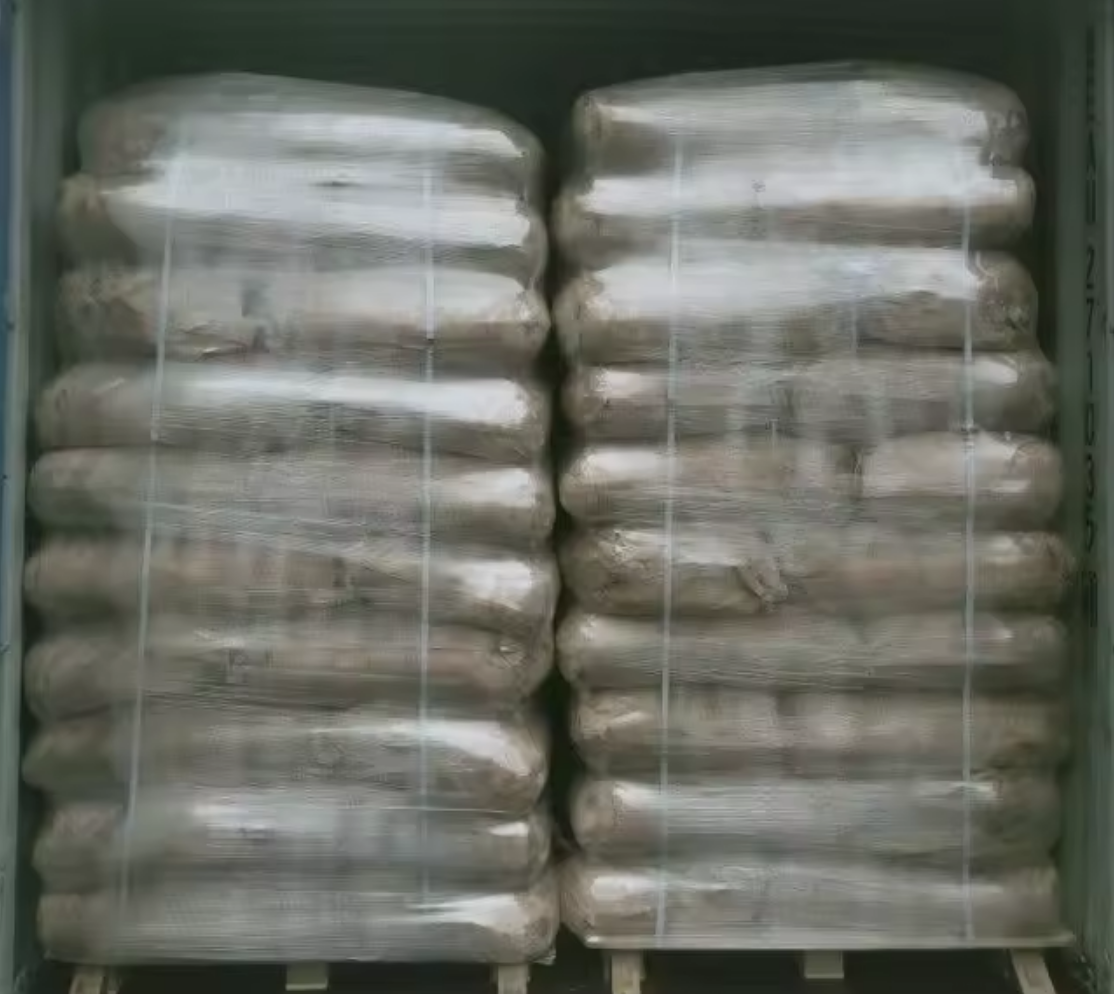Stearylamine
-
Category:
Aliphatic Amines
Your Questions and Comments
Your sales and customer service desk partners within China Amines Co will continue to serve you. You can also contact us via our headquarter office-
Email:info@chinaamines.com
China Amines Co
Product Profile
1. Chemical Structure and Properties
Molecular Formula: C₁₈H₃₇NH₂
Structural Formula: CH₃(CH₂)₁₆CH₂NH₂ – A primary aliphatic amine with a long-chain stearyl group attached to an amino functional group.
Physical Properties:
Appearance: White to pale yellow waxy solid or flakes
Melting Point: 50–54°C
Boiling Point: ~360°C (decomposes)
Density: 0.85 g/cm³ at 20°C
Solubility: Insoluble in water, soluble in alcohols, chloroform, and other organic solvents
Chemical Properties:
Acts as a strong base due to the primary amine group
Reacts with acids to form ammonium salts
Can participate in alkylation, acylation, and condensation reactions
Stable under normal conditions but flammable in high concentrations
2. Industrial Applications
Surfactants and Detergents:
Used as a raw material for cationic surfactants in fabric softeners, hair conditioners, and emulsifiers
Corrosion Inhibitors:
Added to metalworking fluids and lubricants to prevent corrosion of steel and other metals
Textile and Leather Processing:
Acts as a softening agent and emulsifier in textile finishing and leather treatment
Chemical Intermediate:
Used in synthesis of quaternary ammonium compounds and specialty chemicals
3. Safety and Toxicology
Health Hazards:
Skin Contact: Can cause irritation or allergic dermatitis
Eye Contact: Causes irritation
Inhalation: Dust or vapors may irritate respiratory tract
Fire & Explosion Risk:
Flammable solid; avoid ignition sources
Emits toxic fumes upon combustion
Protective Measures:
Wear protective gloves, goggles, and dust masks
Ensure proper ventilation in working areas
In case of contact, rinse thoroughly with water and seek medical attention if irritation persists
4. Environmental and Regulatory Considerations
Environmental Impact:
Biodegradable in aerobic conditions
Avoid release into water to prevent aquatic toxicity
Regulatory Compliance:
Listed under EU REACH and US TSCA regulations
Transport: UN 1325, Class 8 (corrosive), Packing Group III
5. Case Studies and Application Insights
Cationic Surfactant Production:
Stearylamine reacts with quaternizing agents to produce cationic surfactants used in hair conditioners, improving softness and manageability
Corrosion Control in Lubricants:
Incorporated in metalworking fluids to enhance corrosion resistance, prolonging machinery life
Textile Softening:
Used in textile finishing for cotton and wool, improving fabric hand feel and water repellency



